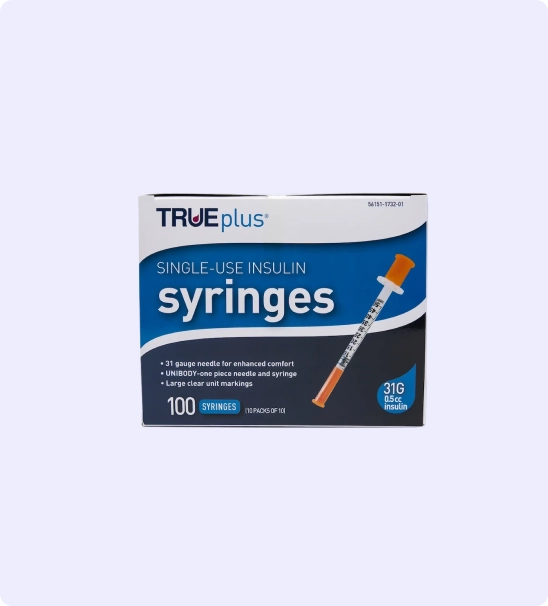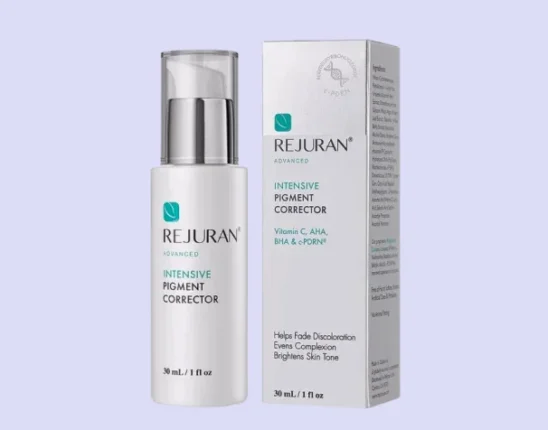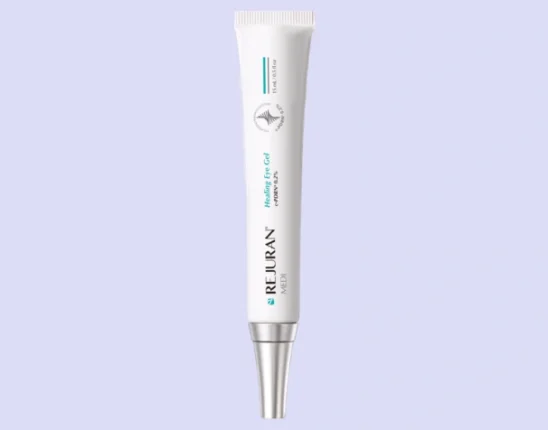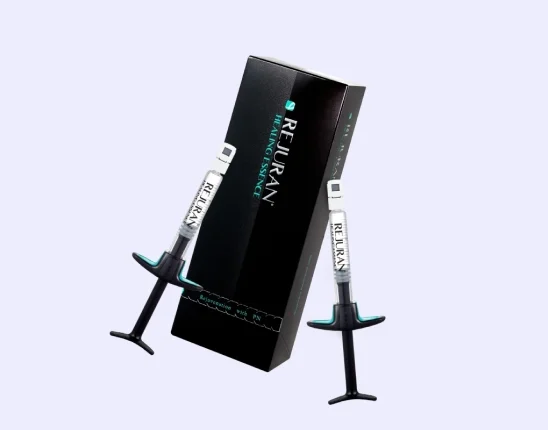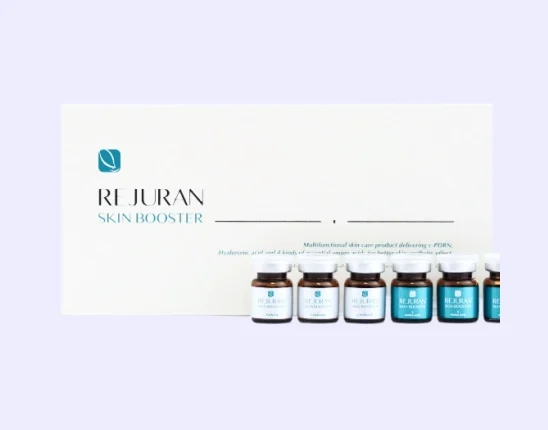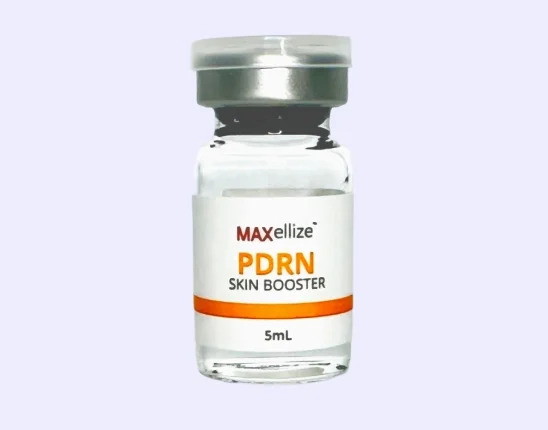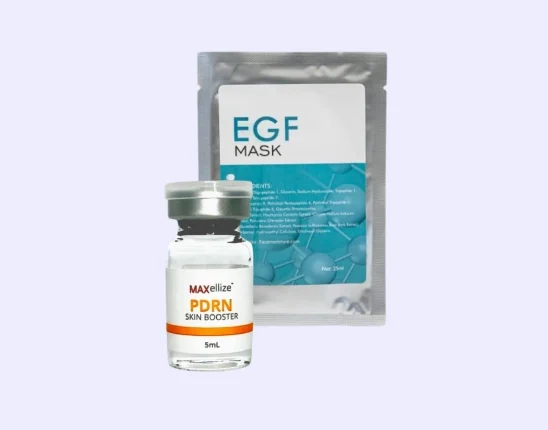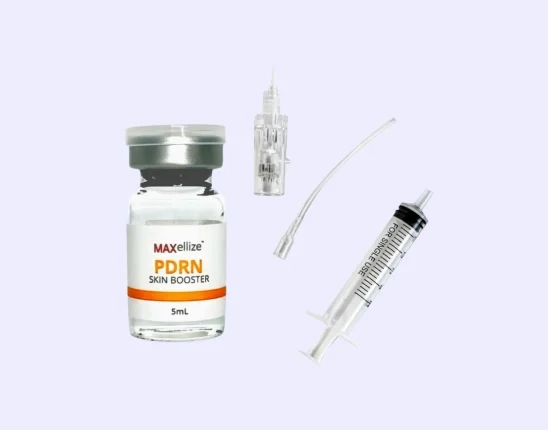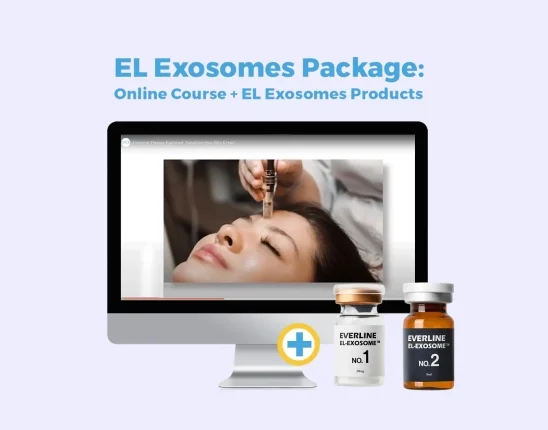As the largest organ in the entire body, the skin requires a fair amount of maintenance and upkeep to function well. Not only does this improve its resilience against viruses, bacteria, and other outside elements, but it also improves its appearance. Two of the most common products used to keep skin in excellent condition are hyaluronic acid and retinol.
What should a person use between hyaluronic acid or retinol? Hyaluronic acid is best if they’re looking to moisturize dry skin, while retinol works better by encouraging better skin by boosting collagen production. They have several benefits that can work in tandem for better results, though patients need to be careful with the exact formulations they use.
Differences, Similarities, And Benefits
Hyaluronic acid and retinol have been a staple ingredient of many skin care products, primarily because they’re some of the most accessible derivatives that are still bio-compatible with the human body. While it’s possible to find these compounds in most of the food people eat, some circumstances would merit a supplementary dose of either retinol or hyaluronic acid.
The reason behind this is that these two compounds don’t last (or are produced) by the skin forever. Aging is the primary culprit behind these compounds depreciating in the body, though pre-existing conditions, environmental factors, and genetics also play a role.
It’s important to note that while effective on their own, neither of these compounds can help reverse the signs of aging. Applied consistently and early enough in life, they can suffice to manage the signs and slow down the process, but even large concentrations of both retinol and HA cannot do anything against the body’s own processes.
While they’re both active ingredients in many skin rejuvenation products, they have different functions and benefits.
| Retinol | Hyaluronic Acid |
| Increases collagen production | Hydrates and moisturizes skin |
| Has some side-effects if applied poorly | Few side effects reported with users |
| Reduce signs of skin aging, sun damage, and other active traumas | Speeds up the skin healing process and acts as an effective antioxidant |
| Results can take months | Visible results within minutes, but depends on the brand |
| Over the counter product, though stronger concentrations require a prescription | Mostly over the counter product and requires no prescription |
| Comes in cream, gel, moisturizer, and serum form; also found in some make-up products | Comes in moisturizer, oral medication, injectable, and serum form; also found in some make-up products |
Because their mechanism of action is different, it’s crucial to remember the exact reason patients are considering using these products. Their effects on the skin and their overall efficacy with skin rejuvenation can be affected by several factors, including skin and even blood type.
However, these skincare products are minimally invasive and are unlikely to have any serious side effects. Compared to other skincare treatments like Botox injections or dermal fillers, hyaluronic acid and retinol are easier to integrate with skincare routines.
When To Use Hyaluronic Acid Serum
As discussed, hyaluronic acid (also known as hyaluronan or HA) is a molecule naturally produced by the human body. Most of the body’s hyaluronic acid deposits are found inside the skin, though there are also deposits found along the joints and cartilages on the bones.
The primary role of hyaluronic acid is to help the skin hold on to water, hydrating the outer layers and preventing dry skin from happening. Dry skin is one of the usual culprits behind damaged skin since it breaks down the skin’s structure and makes it more likely to be damaged by things like the sun and other outside factors.
If a patient is looking to treat dry skin, repair any skin damage, or basically improve the appearance of their skin overall, hyaluronic acid is an excellent product to use. It’s extremely rare to experience any side effects from HA since it’s a natural ingredient that’s produced by the body and is found everywhere in the body. It’s also an extremely effective antioxidant.
A particular benefit that hyaluronic acid can confer is the ability to speed up wound healing. It does this by encouraging blood vessels to form in damaged areas of the skin, which helps bring nutrients and other compounds needed for skin regrowth. It also helps by reducing inflamed blood vessels, which can help with pain relief. As an antioxidant, it also helps by managing the free radicals in the skin cells, protecting it from damage. It protects the skin against sun damage, though it should not be used as a substitute for sunscreen.
Because it’s naturally found inside the human body in large concentrations, hyaluronic acid can be taken by anyone. Any side effects experienced will most likely be a reaction to other compounds in the HA product; for this reason, it’s best to consult a dermatologist about the exact brands that patients should buy.
When To Use Retinol Serum
Retinol is a compound derived from Vitamin A. It can come in a variety of forms and doses, including tretinoin, which can only be bought with a doctor’s prescription. Like all Vitamin A derivatives, retinol is naturally found in most people’s diets, particularly dairy, fish, and vegetables.
When introduced to the skin, retinol stimulates collagen production, treats acne, softens wrinkles, and helps the skin grow back to a youthful, healthy state. While its effects can ultimately vary depending on the user, retinoids have a well-documented history as an effective, well-rounded skincare product.
Retinol is particularly effective at helping the skin heal itself from trauma and aging-related conditions, since the additional collagen production thickens the skin and can somewhat restore lost volume. It also prevents acne formation when used regularly because it unclogs pores.
One significant characteristic of retinol is that it comes in different strengths and concentrations, which can give patients a flexible treatment option to rejuvenate their skin. Ideally, patients who have never used retinol-based products before should start with retinoid esters, since they’re the weakest in the retinoid group but still have enough to make a difference on the skin.
However, retinol and nearly every retinol-based skin care product can be harsh on sensitive skin, and downright harmful in large concentrations. For this reason, some variants of retinol can only be bought with a doctor’s prescription. Patients often report side effects like scarring, inflammation, dry skin, discomfort, general irritation, and skin flaking. Irritation in particular is a significant issue, but it can be treated with moisturizers.
Can These Products Be Used Together?
Most skincare experts and studies agree that hyaluronic acid and retinol are a potent combination, and should be applied liberally for a more potent skincare rejuvenation treatment.
One reason these two products work well together is that their effects don’t interfere with each other. Retinol’s additional collagen production requires hydration for all the new and regrown skin cells, which hyaluronic acid can provide. Also, HA directly counteracts the common side effects of retinol via its ability to speed up wound healing. It also acts as an effective moisture barrier, preventing the skin from drying out.
The additional water in the skin also makes it more supple. The primary ingredient of both compounds also make them unlikely to penetrate any blood vessels, since they’re only confined to the surface layer of the dermis. This also reduces the risk of any side effects when they’re used together.
Most products will generally mix well together if they contain retinol and HA, but for the best results, dermatologists should check with their patients about the exact brands that they use. Because retinol, in particular, has different concentrations depending on the product, patients must consult a professional before applying retinol.
Any side effects that persist or are intense should be checked by a doctor immediately. While a certain adjustment period is to be expected (especially if the patient is only using retinol), some side effects may indicate a serious allergy to one or more of the ingredients used in the product.
Another Alternative: PEP Factor Serum
If a patient doesn’t want to go through the potential side effects of retinol or has no access to hyaluronic acid products, dermatologists can recommend another skincare alternative: PEP Factor.
PEP factor products are a relatively new introduction to the skincare market, but have shown some promising signs with how they help with skin rejuvenation. As a topical serum, most PEP factor products don’t require any significant investment by the patient or the dermatologist to apply, and can easily be integrated with existing skincare treatments.
Regular application of PEP factor may help enhance collagen production when combined with microneedling and potentially boost skin cell/hair regrowth with its peptide compounds. Combined with retinol products and hyaluronic acid, PEP factor can be a catalyst that may boost the results of both products.
While patients can seek out PEP factor products on their own, the best recommendations come from dermatologists or cosmetic practices that have access to high-quality PEP factor products.
Get Expert Skin Rejuvenation Creams And Treatments At FACE Medical Supply
Hyaluronic acid and retinol are effective skin rejuvenation treatments, though users should always account for the potential side effects of using these compounds. For the best results, it’s recommended that they check with their dermatologist or cosmetic practice for personalized recommendations and medical support in case of serious complications.
FACE Medical Supply prides itself on providing high-quality medical tools, devices, and products to cosmetic practices so they can improve their own services. Our products are more affordable compared to the rest of the market, allowing our clients a reliable source of medical supplies without having to worry about their bottom line.
For more information on our stocks and services, visit our product pages today.
Read more: Using A Microneedling Pen For Hair Loss
